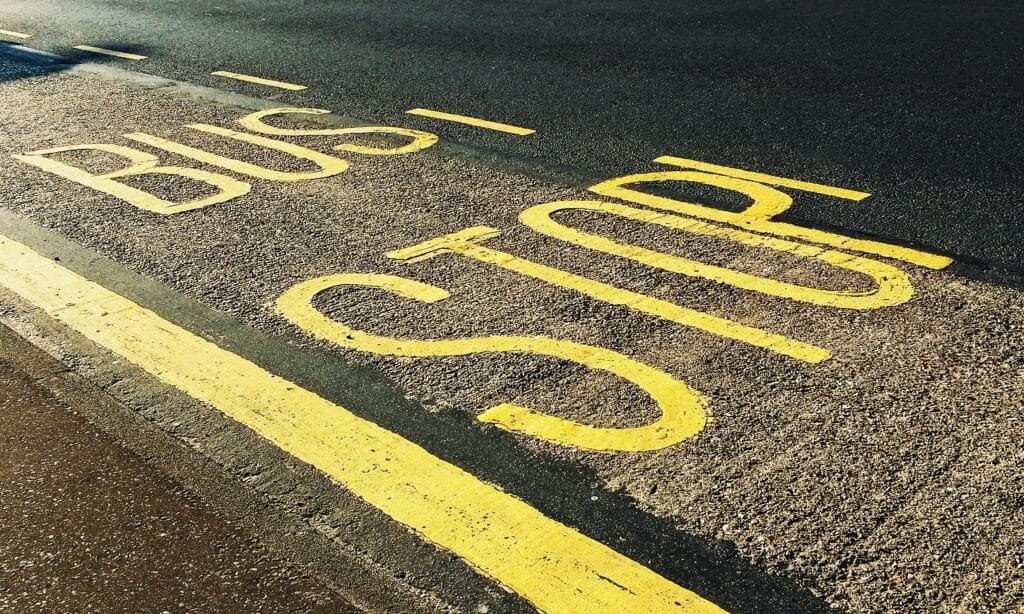
As of 6 January 2025, Greater Manchester has fully returned its bus services to public control, representing a major change in the region’s transport strategy and the first time in 40 years that a major transit system in England will operate in such a way. And with this change, increased accessibility for disabled passengers is expected.
The Bee Network, which represents Greater Manchester’s plan for a unified public transport system, was originally introduced in 2018 to encourage commuters to use public transport rather than cars as part of Transport for Greater Manchester’s (TfGM) goal to make city life more affordable, sustainable, and environmentally friendly.
As part of the agenda, there is an increased emphasis on accessibility, with a focus on enhancing the commuter experience for disabled individuals visiting and residing in the City.
As part of the move, walking, wheeling, and cycling infrastructure is being reviewed and upgraded to ensure accessibility for all, many of the coaches themselves will be refurbished to include additional wheelchair seating and accessible signage. The Network will also have its own dedicated accessibility champion, advocating for the needs of disabled people in future plans. Furthermore, real time audio-visual announcements are expected to be added across many of the buses for travelers with visual and hearing disabilities, with additional improvement to be made across the network’s rail services and cycling routes.
Although Direct Access has not been directly involved in the refurbishment of the Bee Network, TfGM’s subsequent decision to improve services for commuters after consultations with various disability organisations and charities, reflecting our own collaborations with providers such as Avanti West Coast, Transport for Wales, and TransPennine. Like TfGM, each of these partners have demonstrated commitment to delivering a more accessible and inclusive transportation service, embedding inclusive, equitable, and sustainable elements that benefit everyone, not just people with disabilities.
One example of an accessibility-focused refurbishment which went on to benefit people of all backgrounds was the installation of the first Calm Corner ( or Quiet Space) at Crewe Station. The first of its kind on the UK rail network, this key feature, which has been implemented in other places throughout the UK and beyond, was originally conceived when Direct Access’ consulted with station owners Avanti West Coast on a series of station action audits. This innovation, while radically new at the time, became quickly adopted by competitors, as it not only provided a quiet space for individuals who may have needed a break from sensory stimulation, but also a refuge for non-disabled passengers to destress.
Providing public transport which is inclusive to people with disabilities overall offers multiple benefits, to passengers, providers, and society as a whole including;